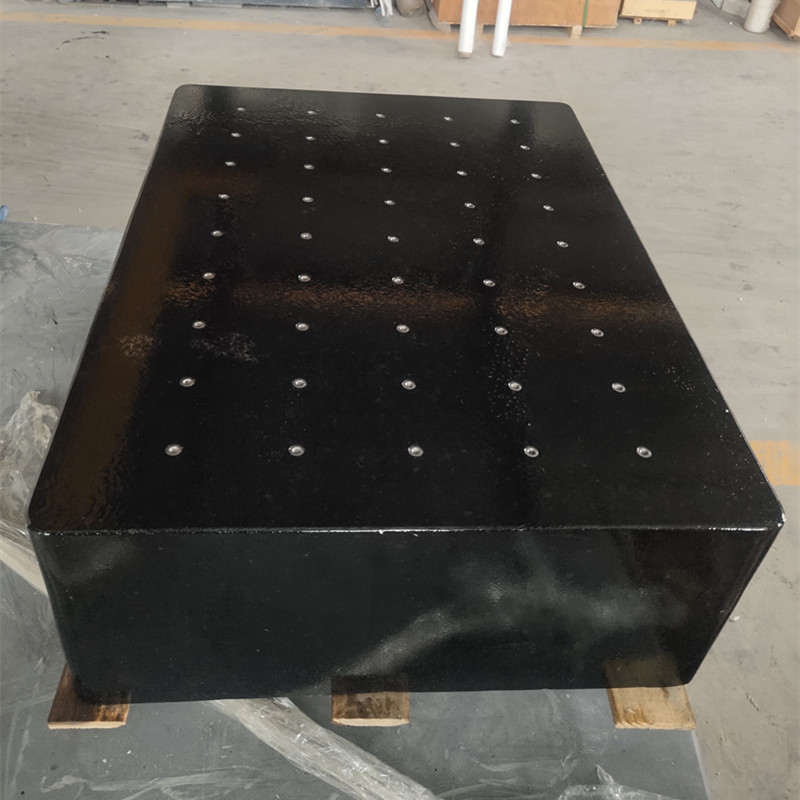nov . 29, 2024 22:48 Back to list
Understanding Hydraulic Pump Functionality with Check Valve Integration and Benefits
Understanding Hydraulic Pump Check Valves
Hydraulic systems are critical components in various industrial applications, providing power and control for machinery and equipment. One of the essential elements of these systems is the hydraulic pump check valve. This article explores the significance of check valves in hydraulic pumps, their functionality, and their applications.
A hydraulic pump check valve is a one-way valve designed to ensure that fluid flows in a specific direction within a hydraulic system. It prevents backflow, thereby maintaining system pressure and ensuring that hydraulic fluid moves only forward from the pump to the actuator or other components. This function is vital because backflow can lead to pressure drops, inefficient system operation, and potential damage to hydraulic components.
The operation of a hydraulic check valve is relatively straightforward. It consists of a valve body, a seat, and a movable element, commonly referred to as a disk or ball. When the hydraulic pump generates pressure, the valve opens, allowing fluid to flow through. If there is a reverse pressure due to system dynamics or load changes, the valve closes, preventing backflow. This action is automatic and typically requires no external control, making check valves a reliable component in hydraulic systems.
hydraulic pump check valve

Check valves can be classified into several types, including ball check valves, spring-loaded check valves, and diaphragm check valves. Ball check valves utilize a ball that moves up and down within the valve body, while spring-loaded check valves employ a spring mechanism to either assist in closing or opening. Diaphragm check valves use a flexible diaphragm that reacts to pressure changes. Each type has its unique advantages and is chosen based on factors like pressure requirements, flow rates, and the specific application.
In industrial applications, hydraulic pump check valves play a crucial role in various systems, including construction machinery, manufacturing equipment, and automotive hydraulics. For example, in excavators, check valves are essential for controlling boom and bucket movements, ensuring that heavy loads do not unintentionally drop by preventing backflow when the pump is not active. In the manufacturing sector, hydraulic systems control presses and automated machinery, where precision and reliability are paramount; check valves contribute to system stability and performance.
Another critical aspect of hydraulic pump check valves is maintenance. Regular inspections for wear and tear, leaks, and proper seating are necessary to ensure their optimal function. Neglecting maintenance can lead to failures that compromise system performance, resulting in costly downtimes and repairs.
In summary, hydraulic pump check valves are vital components that ensure the smooth operation of hydraulic systems by preventing backflow and maintaining pressure. Their varied designs and applications make them suitable for a wide range of industries, from construction to manufacturing. Understanding their functionality and ensuring proper maintenance is crucial for maximizing the efficiency and longevity of hydraulic systems. As industries continue to rely on hydraulic technologies, the importance of these check valves will only grow in significance.
-
Thread Plug Gauge Our Promise of Measurement ExcellenceNewsAug.22,2025
-
Gauge Pin Class Reflecting Quality LegacyNewsAug.22,2025
-
Check Valve Types for High Rise BuildingsNewsAug.22,2025
-
Water Control Valve for Irrigation SystemsNewsAug.22,2025
-
Gate Valve with Soft Seal TechnologyNewsAug.22,2025
-
Y Type Strainer for Oil and Gas ApplicationsNewsAug.22,2025
Related PRODUCTS









